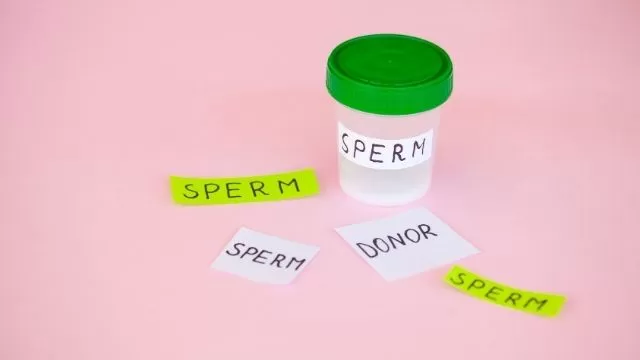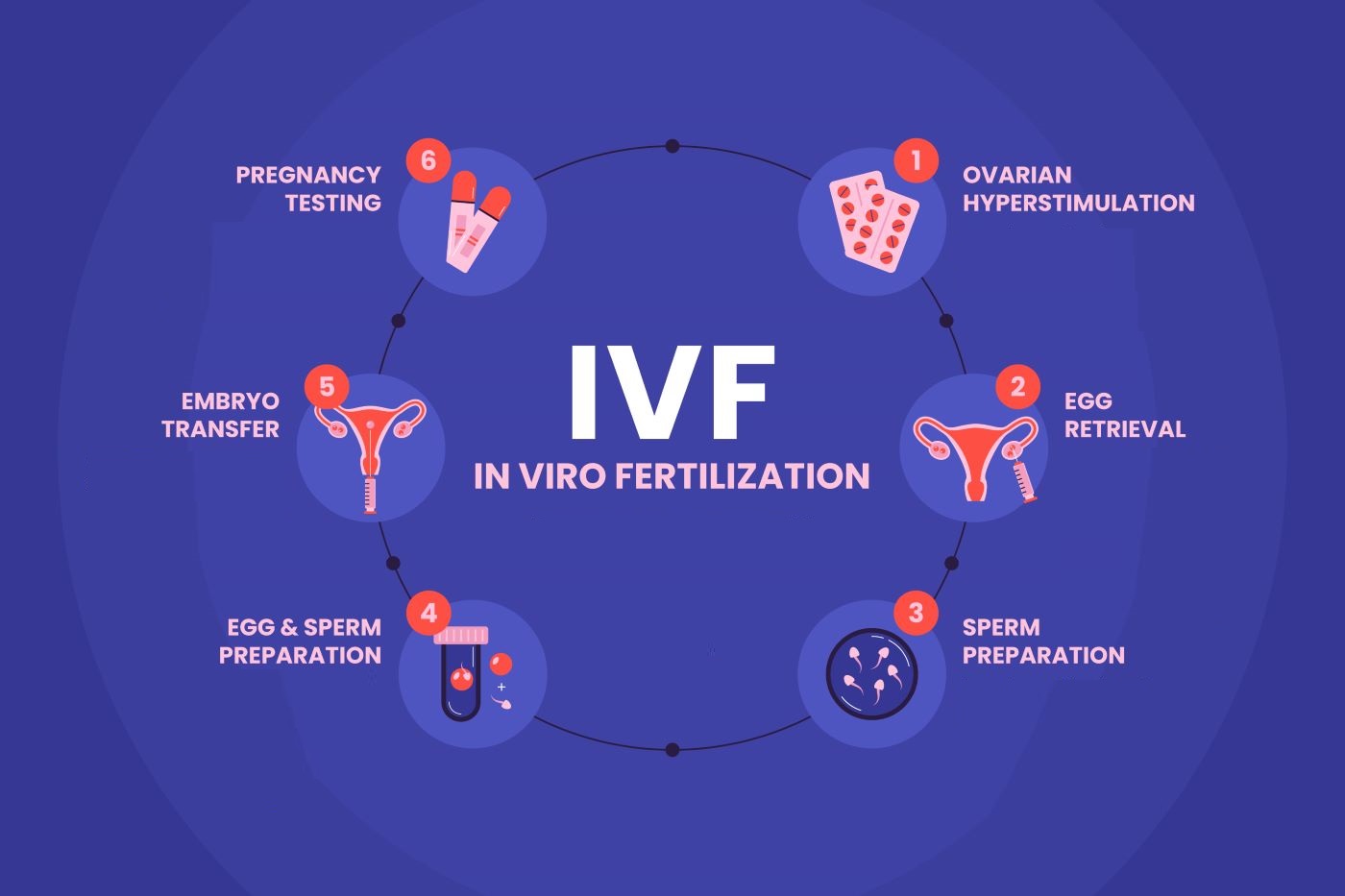What is third-party reproduction?
Third-party reproduction involves any other person other than the couple or single parent who plans to raise the child. In this process, some people donate sperms or eggs or embryos and someone else carries the pregnancy. It also involves the process of surrogacy in which one woman is a carrier of pregnancy and another woman provides an egg to the carrier of the baby.
2. What is egg donation?
The report of the first pregnancy from Egg Donation came in 1984. It helped many people who were struggling to get pregnant. When the intended parents donate eggs and sperm together, they can have a link to the child genetically. The egg is necessary for the process of in vitro fertilization(IVF). In the case of Egg Donor, a woman donates eggs and after fertilizing them in the laboratory, doctors transfer them into the uterus of the intended mother.
Steps for the donation of egg, are:
* First, you need to find an egg donor who can be known or an unknown person to the intended
parents.
* To stimulate the ovaries, the donor needs to take hormonal injections that help in the
production of eggs.
* They collect the sperm from the male partner of the recipient that is the intended father
or unknown donor.
* To establish a successful pregnancy, doctors transfer the chosen embryo to the womb of the
carrier woman (Intended mother)
* Depending on the circumstances, the intended mother or another woman
( in the case of surrogacy) can be the carrier of pregnancy.
2. What is sperm donation?
In the procedure of sperm donation, the men donate their sperm. It can help his female partner if she is getting pregnant with in vitro fertilization or IUI ( intrauterine insemination) process. Other than this, the lesbian couple and a single woman who are interested to have a child can find this helpful to fulfill their dreams of becoming parents.
In the last 10 years, the use of donor sperm has decreased as ICSI is been used as a widespread treatment for male infertility. The process of ICSI or artificial donor insemination is done exclusively with frozen sperms. The current guidelines suggest that sperm should be quarantined for at least six months before using it.
Evaluation of Donors
The basis of selection and Screening of oocyte or egg donors according to the Indian Council of Medical Research (ICMR)depends on:
* That a donor should be healthy, well-screened, and should be between 21 – 35 years.
* It is necessary to record all the relevant information of the donor, such as his age, height,
weight, blood group, educational qualifications, profession, the color of the skin and the
eyes, etc
* The doctor should know the detailed history of the donor to rule out any hereditary disease
and in order to exclude donors who might be at high risk for HIV, or sexually transmitted
infections, or other infections that can transfer via gamete donation.
* The doctor should also do all basic investigations that must include genetic karyotyping and
hemoglobin electrophoresis to rule out any conditions such as thalassemia, etc.
* Psychological evaluation and counseling for the egg donor and her partner should be done. In
cases that involve known donors, this counseling should be given to the donor and her partner,
as well as to the recipient and her partner.
* The donor must be made clear that the offspring will not know anything about her identity.
Preparation of egg retrieval
To stimulate the development of multiple eggs, doctors prescribe hormonal medications to the donor to retrieve multiple eggs from the ovaries of the donor. The recommended medicines are recombinant follicle-stimulating hormone (r-FSH), human menopausal gonadotropin (hMG), and FSH (nonrecombinant). Thus the process is controlled ovarian stimulation.
The measurement of hormone levels and ultrasound monitoring helps in monitoring the development of the eggs. To prevent the donor from spontaneous ovulation, they use gonadotropin-releasing hormone antagonists (GnRH-ant) or gonadotropin-releasing hormone agonists (GnRH-a). When egg development has been achieved, a trigger injection is given to allow the eggs to mature. After which the egg retrieval is done under anesthesia under ultrasound guidance. After this, the egg donor has no role to play.
Recipient uterine preparation:
Doctor check for a normal uterine cavity by means of a hysteroscopy or ultrasound hysterography. Also, all the recipients should undergo a preparatory cycle in order to measure the endometrial response to exogenous estradiol. The doctors try to synchronize the recipient’s cycle with the donor cycle by using standard oral contraceptive pills. On the second day of the menstrual cycle, estrogen supplementation is given for endometrial preparation and once it becomes ready, progesterone supplementation is given and the embryo transfer is planned accordingly.
Embryo Donation
Now, if there are extra embryos, either frozen or fresh, can be donated by the couples after successfully conceiving through IVF. The most common embryo donors are the couples that have successfully conceived and now wish to donate their embryos to help other infertile couples. This is also recommended to couples in which the male partner has some primary germ cell failure or inheritable genetic abnormality.



